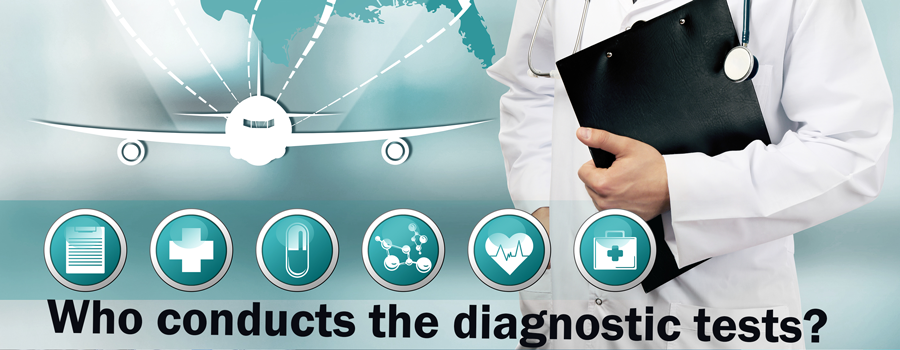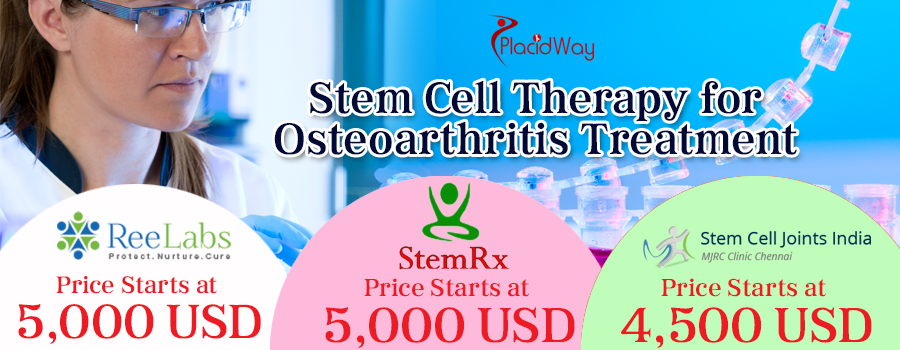 |
| Questions To Ask Your Doctor By PlacidWay |
10 Questions You Should Ask your Doctor when it comes to Traveling Abroad
The world is a smaller place now especially because some of the most expensive treatments in the USA, Canada, or Europe are now offered at a fraction of the actual cost in specific countries across the world. As a result, more and more people are traveling to a foreign country to benefit from "low cost and high quality" medical treatments for a variety of diseases and condition.Regardless of whether you are visiting Los Algodones, Mexico for dental treatment or opting for an anti-aging treatment in Kiev, Ukraine, consulting your doctor prior to travel is a must. Most often than not, patients are confused about what should they ask their doctor and hence, we have put together a list of 10 questions you should ask your doctor when considering traveling abroad.
Do I need to share or carry my medical history?
This is an important area because some medical conditions have connections with your immediate past like Coronary artery disease (CAD) can be caused due to high blood pressure, high cholesterol, and diabetes. Your health details will reveal if you are taking or have taken medications in the past for specific health issues that may have led to your current medical condition. Your medical history is something that you need to share with your doctor. Your medical history may also reveal the medications you are allergic too, which will be decisive for a doctor when prescribing post treatment medication.Do I need to choose specific treatment plan for my medical condition?
The treatment plan varies according to the type and severity of a medical condition. At times, a specific medical condition can be treated using multiple procedures and in such a scenario, you will need to choose a medical procedure that you are most comfortable with. As an example, let's look at dental implants. Whether you require all-on-4 or implants of the upper or lower jaw, the treatment procedure can involve Endosteal implants or Subperiosteal implants. Hence, it is extremely important to discuss your medical condition and the proper treatment in advance with your doctor.How do I know a specific treatment is right for my medical condition?
Some medical conditions have multiple treatment procedures while others have single or specific procedures. Considering the above example of dental treatments like Endosteal implants or Subperiosteal implants, it is important to identify what they are. Endosteal implants are normally attached directly to the bone while Subperiosteal implants are a type of metal framework that is attached to the jawbone underneath the gum tissue. This information can be provided by your dentist or doctor you could also conduct a little bit of research over the internet to find details regarding the procedures.Will there be any diagnostic tests prior to a treatment?
 |
| Professional Medical Care |
Who conducts the diagnostic tests?
The diagnostic tests are normally conducted by lab technicians, junior doctors, nurses, and medical assistants. It is always important to check the credentials and experience of professionals conducting the tests. This really is another important area apart from advanced equipment because a small mistake in a diagnostic test may lead to non-treatment or incorrect treatment of a medical condition.What if a particular treatment doesn't suit me?
It is true that sometimes, a specific treatment, however perfect it may be, might not suit you. You might show allergic reaction or other similar symptoms. This is an important area and you should ideally go with a doctor or clinic that offers you other options or who offer tailor treatments based on the medical diagnosis. Willingness to providing alternative medical treatments is important.What kind of during and post treatment care can I expect?
Proper care is essential prior to and after any type of medical treatment procedure whether it is something as simple as hair transplant procedure or something more strenuous as Chemotherapy or radiation therapy for cancer. Depending on the type of medical condition, a clinic and the supervising doctor should be capable of handling any emergency situation as well as offer high quality care to their patients. Each patient should be provided personal care followed by monitoring of vital signs and reactions of medications prior to treatment.Will there be any side effects of my treatment? How will I manage them?
Side effects can be quite commonplace. Two people can undergo the same treatment for a specific medical condition but their body will not react in the same manner. One patient may suffer from post treatment effect like nausea while the other patient may not experience anything at all. Yet, it is important to ask your doctor what are the various side effects that you might experience as this will help you with your planning on a physical and psychological level for the treatment.The management of the side effects can be done using medications or alternate therapies. This will depend on the type of side effect you experience. You need to find out from your doctor the various support options they would be ready to provide for management of the side effects.
Where will my treatment procedure take place?
The treatment procedure will take place in the clinic or hospital that your doctor represents. It is important to find out the following information from your doctor:
- Appointment date and time
- Time of diagnostic tests
- Duration of diagnostic tests
- Duration of the treatment procedure
- Duration of stay prior to and post treatment procedure
- Place of stay
Note: You need to also find out how experienced your doctor is in treating your type of medical condition. Does he/she have any previous experience? Is he/she a board certified specialist? You can also ask for references of patients who have been successfully treated.
Will I have a single point of contact at the medical center or will a team be appointed to address my medical needs?
Depending on the medical condition, a team of highly skilled and experienced medical professionals will address your medical needs right from admission into the clinic to getting diagnostic tests, treatment, and post treatment care. A clinical nurse will be appointed to check your vitals and monitor your nutrition during the stay at hospital. You need to ask your doctor if they have such a team in place or not. Apart, from this, you should also ask whether there will be junior doctors to address any of your immediate medical needs. You need to also find out if there is any translator in the team or someone who speaks your language especially if you are visiting a foreign country.It is important to understand that if you ask the right questions to your doctor or surgeon then it will help prepare you for the treatment in a healthy way. Of course, there could be many more treatment specific questions that can arise in your mind and it is always recommended to discuss the same with your doctor as well. What you really need is to create a "checklist" of questions, so that you can travel abroad for your treatment without any annoying burden in your mind.
For more information on how to have the best medical experience abroad, please contact us!








